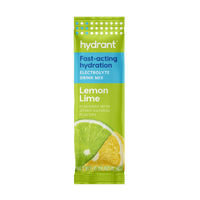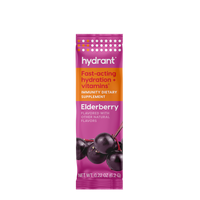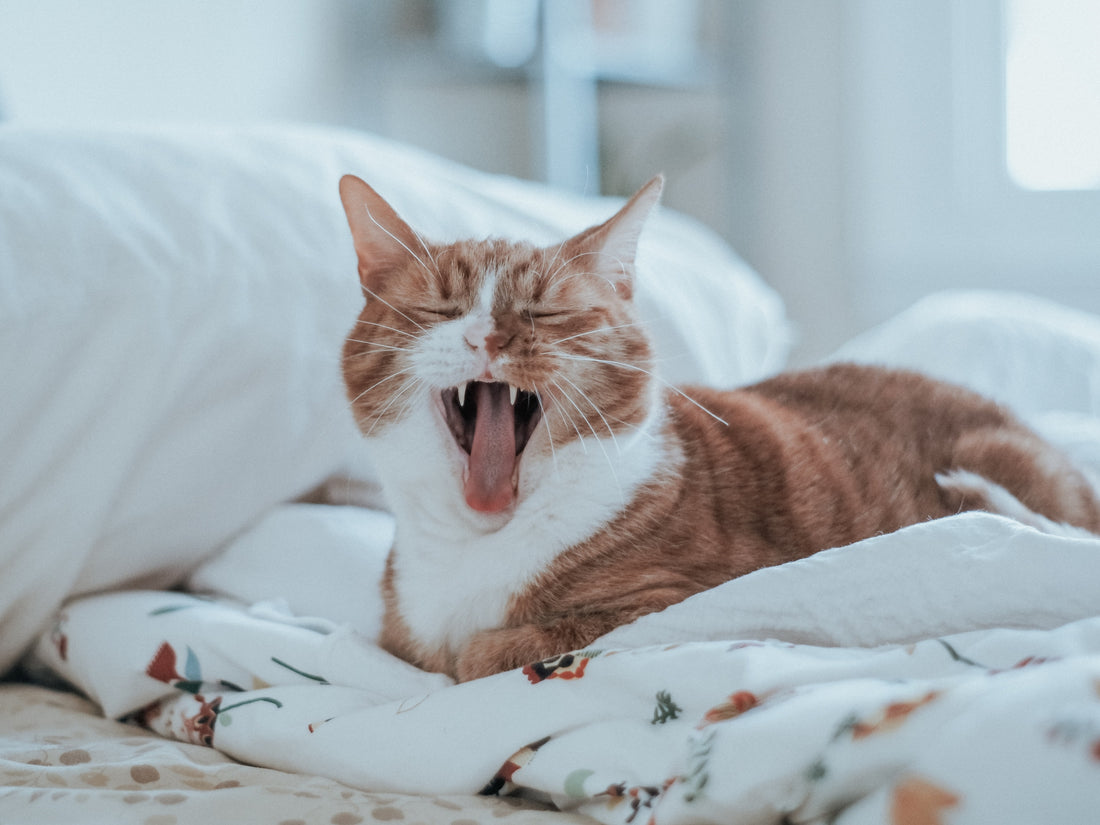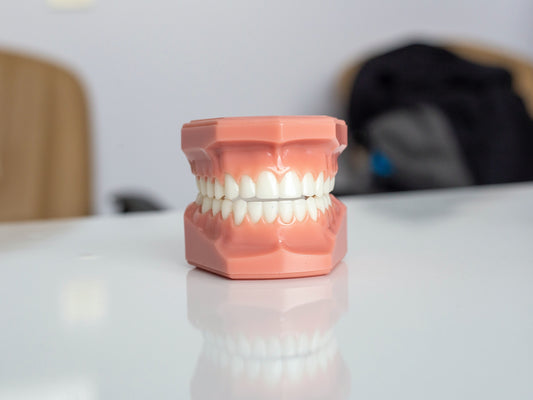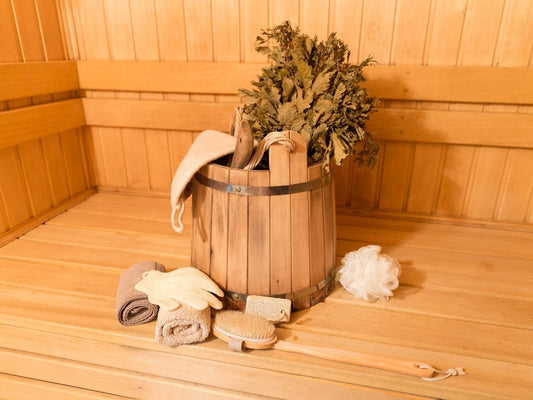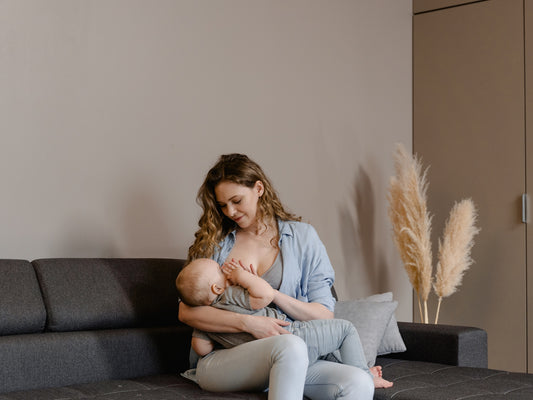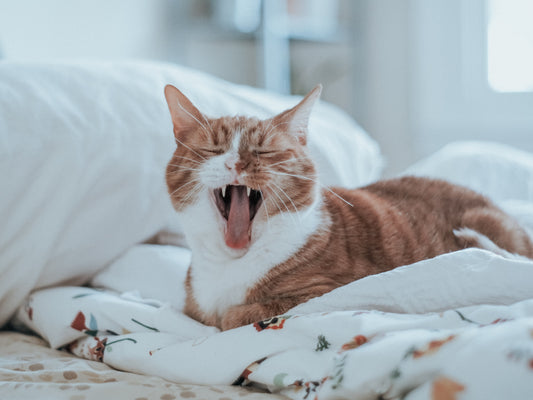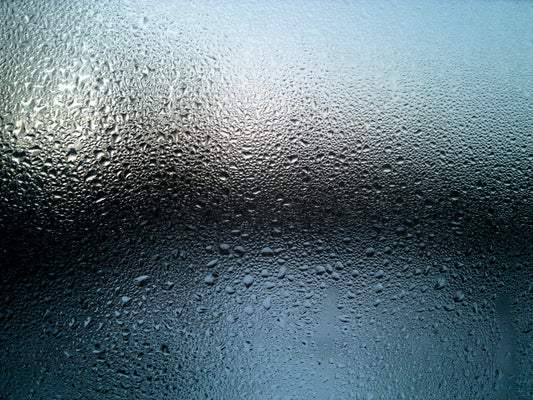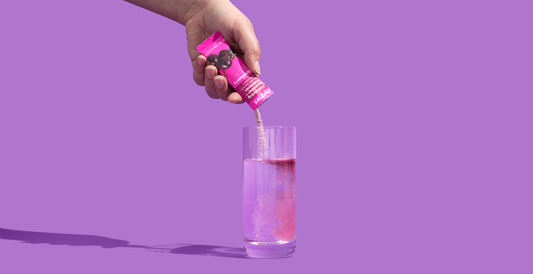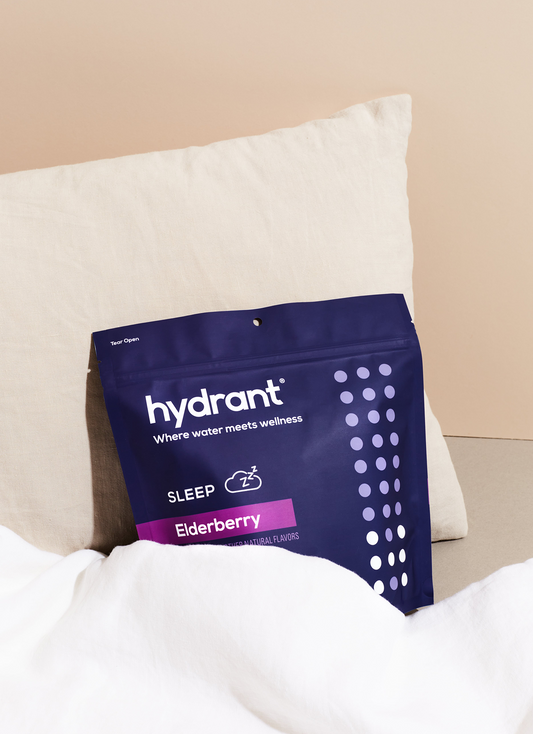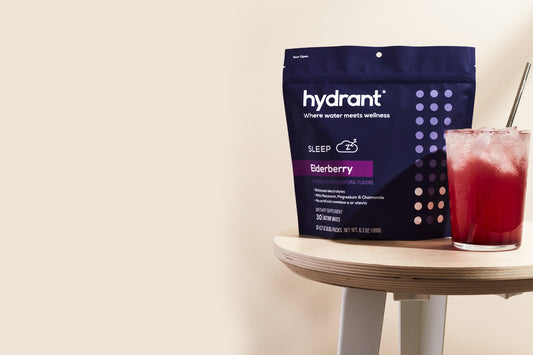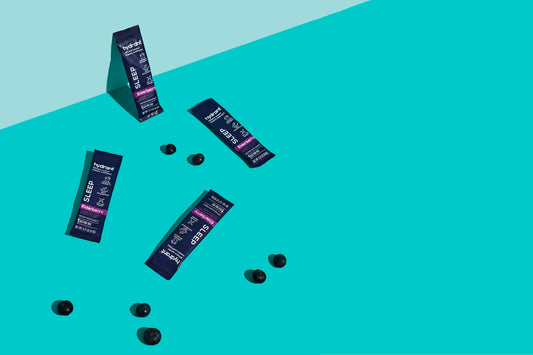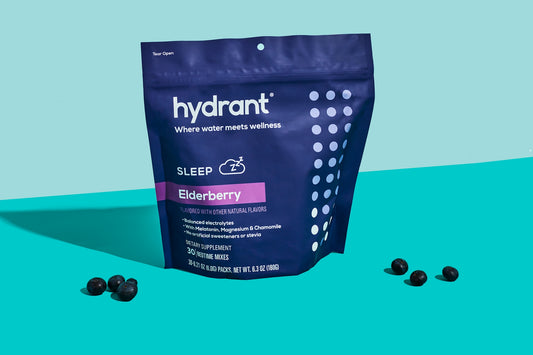Do you feel sluggish in the morning despite getting your 8 hours in bed? OR you try to hit the bed early, and the next thing you know it's midnight and you are still awake? Chances are you are not giving yourself proper time to wind down from the day's stresses [1].
To do that, you need a solid bedtime routine that rejuvenates your body and prepares you for the next day.
Don't fret if you don't have one yet, because in this article we will discuss how you can develop a solid bedtime routine based on medical science.
Bedtime Routine — an absolute necessity
Do you know that nearly a third of American adults are sleep deprived? [2] Lack of quality sleep results in poor cognitive ability, irritability, and mental health issues [3]. Additionally, an overthinking mind can trigger the sympathetic nervous system [4], which could develop into a more serious sleeping disorder like insomnia.
A healthy bedtime routine can counter all that and make sure you are well-rested. It has immense benefits:
- You fall asleep faster
- Your body heals quicker
- You get healthier
- You feel higher mental alertness in the morning
- And you feel more energetic throughout the day!
You can use the tips below to craft your own bedtime routine.
Two-step plan for a killer bedtime routine
Let's get started.
Follow these two steps and you'll have your very own effective bedtime routine in no time!
Step 1: Techniques to include in a bedtime routine
Same wakeup and sleep time
We are creatures of habit by default. Having the same sleep time and wake up time gets us in sync with our circadian rhythm — the body's natural clock [5].
So, instead of forcing yourself to build certain habits, you should start working with your body.
Having a fixed sleep time can help our body naturally secrete the sleep hormone melatonin [6], which signals our brain to relax when bedtime approaches.
Your bedtime routine starts 30 minutes to 1 hour before the dedicated sleep time. Use this time to include tips and techniques mentioned below in your bedtime ritual.
Avoid caffeine and alcohol
Avoid caffeine for at least 6 hours before bedtime [7]. It's a psychoactive substance that alerts the mind and disrupts the sleep cycle. Caffeine is mostly found in teas, coffees, and energy drinks.
Similarly, alcohol is another culprit that hinders the natural sleep cycle [8]. The liver takes time to fully metabolize alcoholic content and once the sedative effect wears off, the person experiences sleep disruptions.
Alcohol is also a "diuretic", which means it'll dehydrate you at night and negatively affect your rest time [9].
Replace it with a supplement!
With a therapeutic mix of melatonin, L-theanine and chamomile extract, supplements like Hydrant's Sleep Mix can easily help you get the quality Z's you deserve. It helps regulate your sleep and ensures relaxation.
Limit screen time
If there’s one thing you take away from this article, we recommend limiting your screen time. The screen time includes your smartphone, laptop, and TV screens. Why is it so important? Because the blue light emitting from screens disrupts the melatonin production in the brain [10].

Melatonin is a sleep hormone produced by your brain as a response to darkness. It relaxes the body and regulates the sleep cycle. Blue light from the screen tricks the brain into thinking it’s still daytime, stopping melatonin production as a result. To avoid this, stop looking at screens at least 30 min before bedtime.
Reading and Journaling
Reading a book is an excellent way of calming your mind and getting ready to sleep. It takes a considerable amount of brainpower to interpret all the words and sentences, which tires your mind and makes you sleepy.
Avoid exciting and action-packed genres because they can have adverse effects.
Journaling is another way to de-stress yourself from daily life. Write away all your thoughts that could otherwise linger in the subconscious, causing nighttime stress. It is also a great opportunity to plan for the next day.
Meditation
"Peace comes from within. Do not seek it without." — Buddha.
Relax by performing mindful exercises, such as meditation. It takes a little time to master it if you have never tried before. Start small. Just sit or lay down, take deep breaths, and focus on your breathing [11].

It's a great way of letting go of all the worries and stresses you might experience during the day. You also get the added bonus of heightened senses and clarity.
Pro tip: If you are a novice, start with guided meditations. There are tons of them available for free online, and they are a great way to tap into the realm of mindful meditations.
Exercise and Stretch
At least 20-30 min of daily exercise is a must for an adult to function properly. It releases feel-good hormones that help remove the pent up stress. Mornings and evenings are the best time to workout. Don't do it close to bedtime as it can excite the body, making it harder to sleep.
Stretching is also a great way to relax the muscle and reduce physical and mental stress. Experts also recommend “Yoga” and “Progressive Muscle Relaxing (PMR)” techniques for reducing stress and sleeping disorders [12].
Here’s a basic breakdown:
- Start from the lower body
- Tighten a single muscle group like thighs for 10 seconds and then relax for 20 seconds.
- Move to the buttocks, tighten them in a similar fashion and relax.
- Continue to do this until you cover all the major muscle groups.
Step 2: Creating the right environment
Well ventilated, dark, and quiet
Once you are done mastering the rituals mentioned above, it's time to turn your room into a sleep heaven.
Ensure your room is well ventilated, and the thermostat is between 60 to 70 Fahrenheit.

Our bodies respond to light and darkness differently. Keep the room dark, so your mind gets the signal “it's time to sleep”.
The quieter the room, the deeper your sleep cycle. Make sure there’s no disturbance around.
Comfortable bedding
High-quality beddings can make a massive impact on your sleep. Always use high-quality breathable foam. Use cotton and linen quilts as they are more comfortable.
Experiments with scents
Studies show that certain scents have a soothing effect on our minds and bodies. Use scents like essential oils or lavender to calm yourself down [13]. It'll make your overall environment more serene.
Make the bedtime routine your top priority!
Having a bedtime routine is not a choice but a necessity. These rituals help us wind down and prepare for a peaceful sleep.
Not having enough quality sleep can have serious side effects like high blood pressure, diabetes, stroke, and even mental health issues.
So, follow our two-step plan to build your own bedtime routine. Start 30 min to 1 hour before you finally hit the bed. It may take a little time to figure out what works for you, but keep trying. Your body will thank you for it!
References
